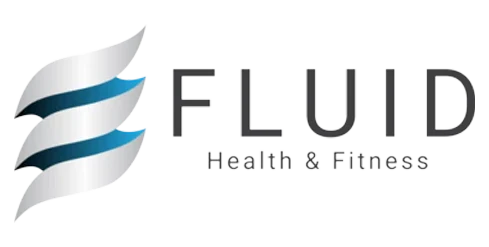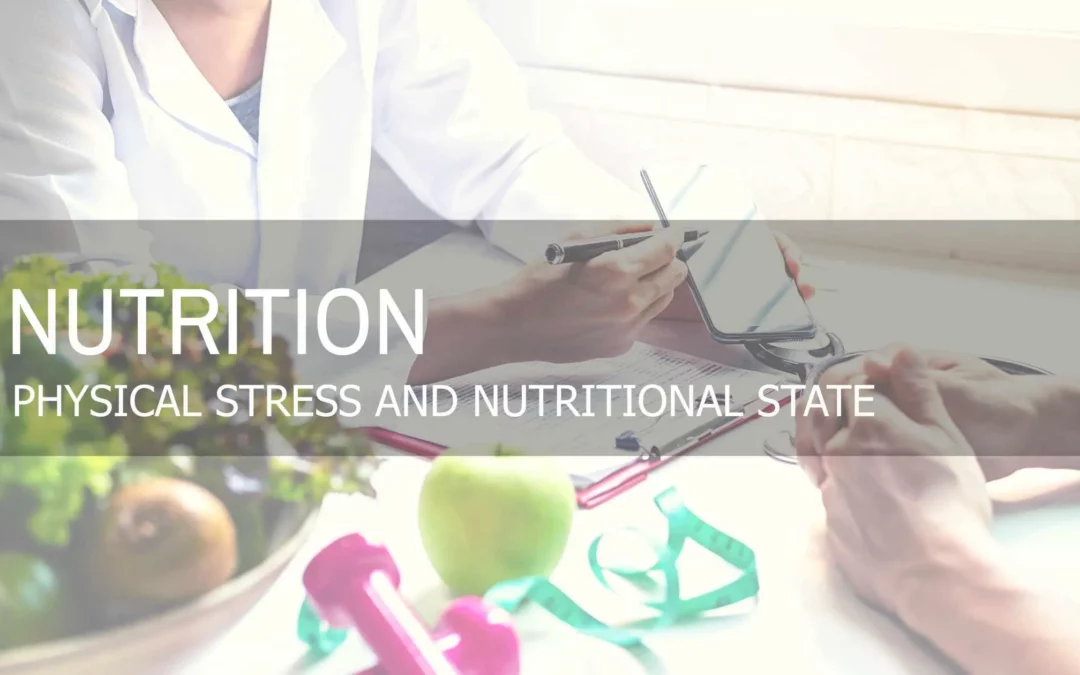Overview: Physical Contributors To Stress And How They Affect Your Nutritional State
Knowing the physical contributors to stress and how that effects the body will help you make more informed decisions in regards to your lifestyle and habits.
Stress: A Review?
As we have discussed in previous weeks stress is a state of mental or emotional strain or tension resulting from adverse or very demanding circumstances. Chronic stress is the result of repeated exposure to situations that lead to the chronic release of stress hormones. This can cause wear and tear on your mind and body. The list effects that chronic stress can have on the mind and body is long and varied. Effects can range from inconvenient to extremely severe, but all are an indication of a more serious underlying issue.
Contributors to Stress
- Nutritional Deficiencies - It is important to strive for a diet that is based in whole foods and is nutritionally balanced. A lack of nutrients, whether macro or micro, can cause an imbalance in the body. If an imbalance or deficiency becomes chronic, it can result in ongoing stress and damage on multiple systems. For example, inadequate iron intake can result in a lack of hemoglobin production. This means that less oxygen can be delivered to tissues and organs potentially causing hypoxia, inflammation and cell death.
- Over-training/injury - It is important to listen to your body and keep physically active while making sure to not over-train. Over-training can lead to a variety of consequences, including extreme fatigue, inflammation, injury, inability to recover from workouts, etc. Repeated stress on the body without proper recovery periods will encourage chronic inflammation that can cause damage that may or may not present itself outwardly initially.
- Personal Hygiene - It is important to pay regular attention to your personal hygiene. Although, there is something to be said about building your immune system by giving it the occasional challenge; a complete lack of personal hygiene can open the door for a whole host of problems. One potential consequence of a lack of personal hygiene is the presence and continued growth of invasive/harmful bacteria. Another stress response to poor personal hygiene is the chronic inflammation that is produced as a response to fighting off invasive infections/bacteria/fungus.
- Medications/Drugs - It is important to remember that although modern medicine has given us a variety of medications to treat all manner of ailments, they bring with them a large variety of side effects. These side effects, can often cause other issues and damage to the body. Some medications can inhibit the body’s natural inflammatory response, others can cause more inflammation, weight gain, high blood pressure, sleeplessness, headaches. There are also many recreational drugs that can cause stress and damage to the body.
- Dental Hygiene - It is important to note that, just like with personal hygiene, proper dental hygiene is important for not only the health of teeth, but also the health of the whole body. It is important to note that, just like with personal hygiene, proper dental hygiene is important for not only the health of teeth, but also the health of the whole body. When this balance is disrupted, it can cause a breakdown of other dependent systems, as well as inflammation because of fighting off infections.
- Environmental Toxins - It is important to know that there are many different environmental toxins that a person will encounter daily. Some of these are out of a person’s control, but a good number of them are personal choices and can be avoided by making lifestyle changes. Toxins that are a result of personal choices include chemicals in personal products, consumption of certain foods and beverages or cigarettes and other carcinogens. Toxins that may be out of your control include: chemicals in the environment that are produced by factories, cars, environmental destruction, etc.
- Pathogens - With modern medicine viruses and other pathogens have not been as much of a concern, however that doesn’t mean that there aren’t still risks. Recent developments have caused concern over certain pathogens to become prevalent again. These developments include less of the general population getting vaccinated, the over-use of antibiotics and poor good balance.
Implications of Stress
Knowing that there are other contributors to stress on the body and what the implications of that are can help you avoid some and prepare your body to better cope with others. Being aware of what physical contributors to stress are under personal control will make sure you can make more informed decisions. Different stressors will have differing effects on the body. Chronic inflammation caused by continued stressors on the body can have nutritional effects such as, elevated blood sugar, lipid/fat synthesis and depletion of nutrients. Stress can also effect nutrition behavior by potentially leading to over-eating, under-eating or compromising food choices.
Goals
- Awareness is the first step to understanding:
- Review the physical contributors to stress.
- Learn what is under your control and what is not.
- Tracking contributors and their symptoms:
- .Create journals to log stressors and their symptoms.
- Food log, exercise log, keep symptom notes.
- If you have purchased a HR monitor through Fluid and are participating in the HRV tracking:
- .If you have gotten away from tracking and journaling – this is a great time to get back in the habit.
- If you are unsure on how to track or interpret your data, contact your trainer or Ryan for more information



